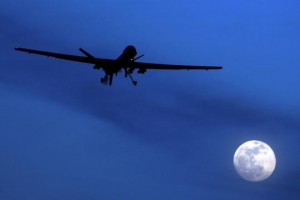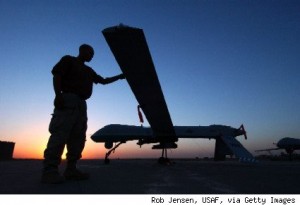
Answer … it depends …
Attached is a very revealing BBC interview with Phil Jones, the head of the Climate Research Unit at the University of East Anglia. It should be read carefully with an eye to what is said and not said.
Note that Jones acknowledges that the time for debate over climate science is NOT over, particularly in the area of paleoclimate studies — which implies uncertainties in the calibration of the climate models used to predict the future, a item he addressed but did not discuss.
One item I found to be of particular interest is Jones' weak rationalization [see underlined text] for saying recent tree ring data (post 1960), which is used to deduce temperature in paeleoclimatology, is not reliable (because it showed a cooling trend while) but that earlier tree ring data is reliable … Jones is using this argument to justify splicing instrumental measurements of temperature to deduced measurements from tree rings (aka temperature proxies) after 1960. As a general matter, this kind of mixing apples and oranges violates every method of empirical calibration that I was taught in engineering school At the very least it requires a detailed explanation, yet Jones says nothing about the reasons he had for arguing the tree ring data before 1960, reaching back over 900 years, was reliable, but that the same data after 1960 was not “valid” [his word], and therefore, it was more appropriate to substitute direct instrumental measurements of temperature after 1960. But if temperature measurements between 1960 and 1999 don't match the deduction from proxies made from tree rings, what evidence is there that they do correlate for the preceding 900 years to be valid?
Note also, the total absence of any discussion of the 10,000 year history of ice cores, where recent, more precise methods of analysis suggest the periods of CO2 increase in atmosphere correlate with temperature increases but with a time lag of around 800 years, which seems at variance with the GW hypothesis that CO2 increases cause temperature increases. It is a question the interviewer should have asked, but was not, particularly given the uncertainties in paleoclimate research that were discussed, Chuck
Q & A: Professor Phil Jones (BBC News)
Phil Jones is director of the Climatic Research Unit (CRU) at the University of East Anglia (UEA), which has been at the centre of the row over hacked e-mails.
The BBC's environment analyst Roger Harrabin put questions to Professor Jones, including several gathered from climate sceptics. The questions were put to Professor Jones with the co-operation of UEA's press office.




